Reduce land administrative procedures
The Ministry of Agriculture and Environment is drafting a Decree regulating decentralization and division of authority in the land sector when the government organization structure follows a two-level model (province and commune/ward).
Accordingly, the draft clearly stipulates the decentralization of authority: People's Councils, People's Committees, Chairmen of People's Committees at the commune level, and agencies with the function of managing land at the commune level will assume some authority previously belonging to the district level...
Speaking with Tien Phong reporter, Prof. Dang Hung Vo - former Deputy Minister of Natural Resources and Environment - said that the transition to a two-level local government model creates many changes from land management authority to procedures for resolving land-related issues.
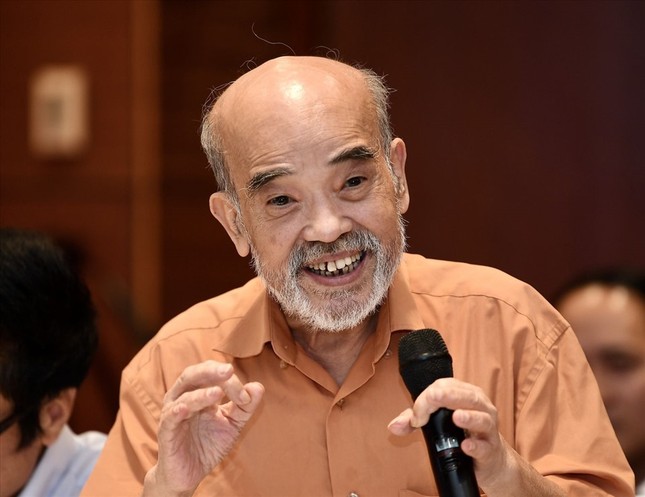 |
Professor Dang Hung Vo. |
According to Mr. Vo, when the district level is abolished, the authority to manage land will be directly decentralized to the commune level. Previously, there were two direct management levels: the province and the district, and the commune level was only responsible for reviewing what was done right and what was done wrong according to the law. Thus, the commune level is close to the people, has the duty to "blow the whistle" and if it is within its authority, it will resolve it, if it is not within its authority, it will report to the competent authority for resolution. However, with a two-level government, the commune level has more changes in related administrative procedures and processes.
"When the district level is abolished, the commune level will take on more responsibilities in land management, instead of just supervision as before. Therefore, it is necessary to strengthen the capacity and responsibility of commune-level officials to meet new requirements," said Mr. Vo.
Mr. Vo said that this new decentralization will bring many benefits to people and businesses in accessing and implementing land procedures. The most obvious benefit is the reduction of administrative procedures.
On the people's side, Mr. Vo gave an example of a case where someone applied to change the land use purpose from garden land to house construction but could not do so because the management levels said it was not in accordance with the planning, and had to ask for opinions from this level and that level...
"Businesses, especially foreign businesses, have said they do not need support for land use fees or taxes, they just want administrative procedures to be as simple as possible so as not to miss a beat in their financial plans. When money is tied to business, a second of delay costs a lot of money, let alone preparing a lot of money, but being stuck because of administrative procedures," said Mr. Vo.
In particular, according to Mr. Vo, the Ministry of Agriculture and Environment's draft decree is necessary, but it is only a short-term solution. After that, it is necessary to amend the law (Land Law 2024 - PV) to clearly define the new authority of all levels, and at the same time review and simplify administrative procedures.
How to avoid overload and abuse of power?
Dr. Tran Xuan Luong - Deputy Director of the Vietnam Real Estate Market Research and Evaluation Institute - said that the transition to a two-level local government model - streamlined district level, stronger decentralization to commune level is a step of extensive institutional reform, in line with the Central Government's policy on administrative apparatus innovation.
In the land sector, this impact is even more evident because land is a special state management object, fixed in nature, closely linked to the locality and the community. Therefore, it is completely appropriate to assign local authorities, specifically the commune level, to exercise some land management authority. However, the essence of the problem is not just whether to "decentralize" or not, but how to decentralize in a controlled manner.
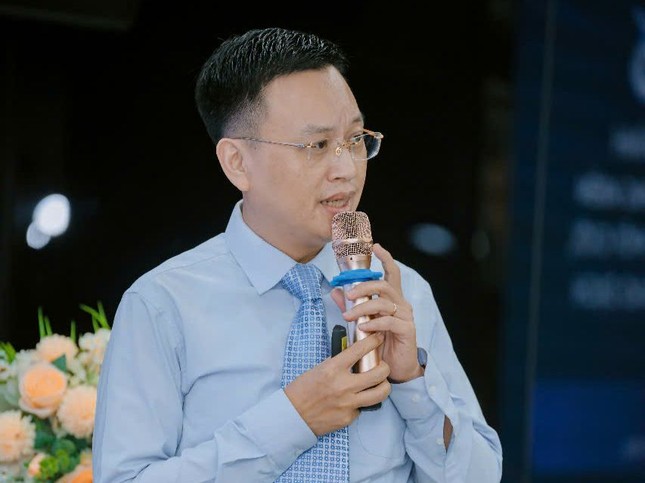 |
Dr. Tran Xuan Luong. |
Dr. Tran Xuan Luong also said that in the context of merging administrative units, transferring some land management authority from the district level to the commune level will be feasible if accompanied by conditions on human resources, technology and finance.
When communes and towns are merged, their scale increases, and administrative capacity also has the potential to expand; delegating the authority to handle some land procedures such as confirming the current status, issuing extract documents, and supporting change registration is completely reasonable.
“But international experience also shows that decentralization without accompanying capacity can easily lead to overload, abuse of power or even negativity. Therefore, in addition to decentralization, it must be accompanied by supporting tools such as data digitization, process standardization and in-depth professional training for commune-level officials,” said Dr. Tran Xuan Luong.
According to Dr. Tran Xuan Luong, decentralization to the commune level helps people and businesses not have to go to the district, saving time and travel costs; resolve administrative procedures faster when the commune level has enough authority, files will be processed on the spot, shortening waiting time; create more transparency and responsibility because when decentralizing power to the commune, people will know clearly which officer is in charge of their files, this helps increase transparency and reduce the situation of "playing the ball" of responsibility. However, to achieve that, it must be associated with a digital platform and data disclosure...
Source: https://tienphong.vn/cap-xa-lam-thu-tuc-dat-dai-cuoc-dai-phau-can-thiet-nhung-post1736973.tpo




![[Photo] 12th grade students say goodbye at the closing ceremony, preparing to embark on a new journey](https://vphoto.vietnam.vn/thumb/1200x675/vietnam/resource/IMAGE/2025/5/28/42ac3d300d214e7b8db4a03feeed3f6a)

![[Photo] Vietnamese and Hungarian leaders attend the opening of the exhibition by photographer Bozoky Dezso](https://vphoto.vietnam.vn/thumb/1200x675/vietnam/resource/IMAGE/2025/5/28/b478be84f13042aebc74e077c4756e4b)
![[Photo] Prime Minister Pham Minh Chinh receives a bipartisan delegation of US House of Representatives](https://vphoto.vietnam.vn/thumb/1200x675/vietnam/resource/IMAGE/2025/5/28/468e61546b664d3f98dc75f6a3c2c880)
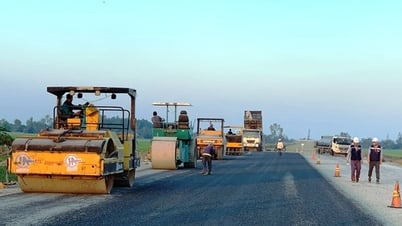
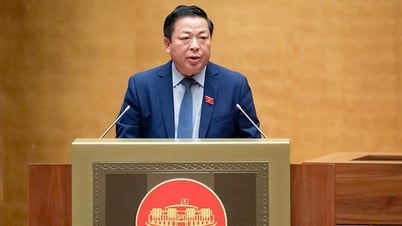


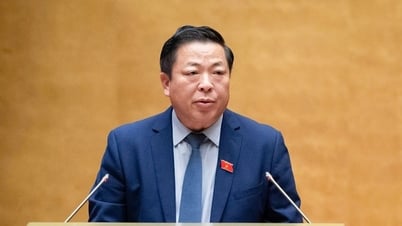













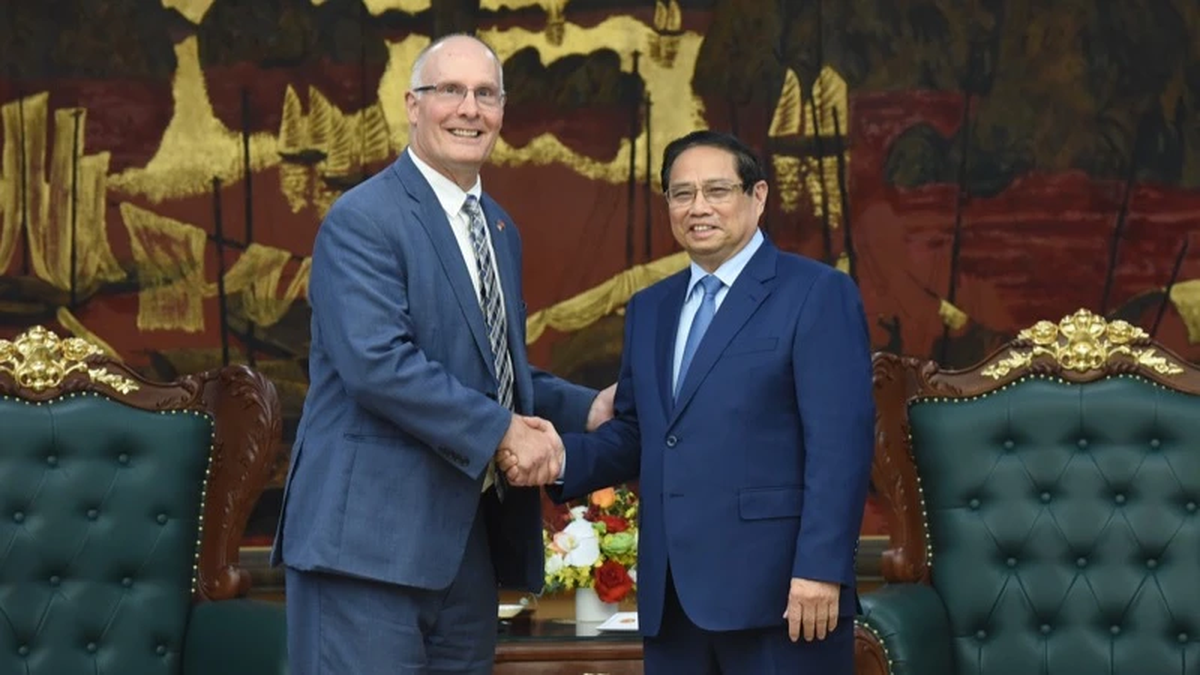







































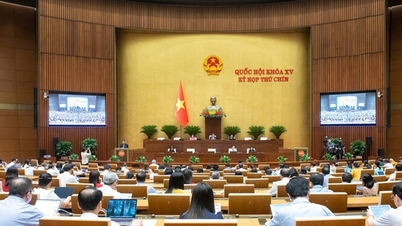


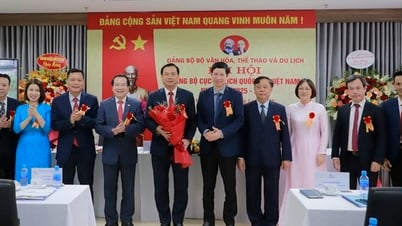
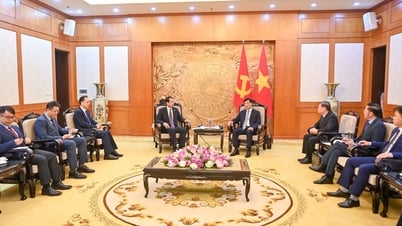




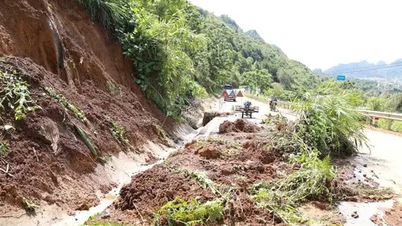

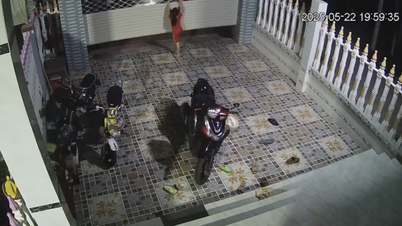





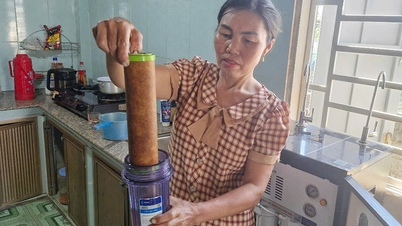









Comment (0)